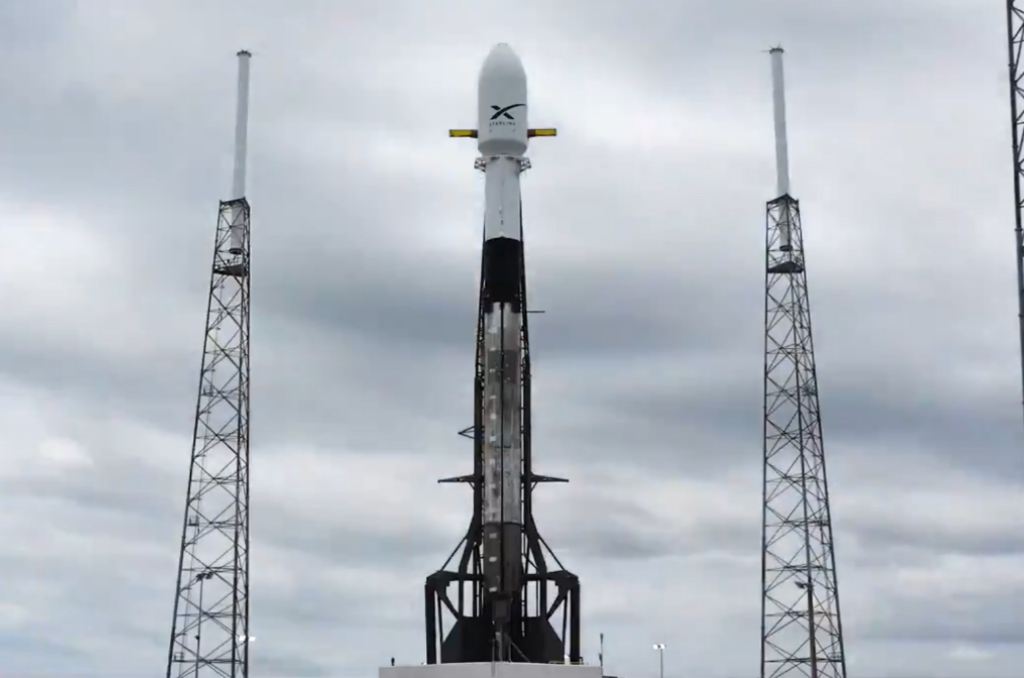Barring another setback, SpaceX will be live streaming their launch of 60 internet satellites Thursday night.
Weighing 18.5 tons, SpaceX founder Elon Musk wrote on Twitter that this Starlink mission will be the heaviest payload in the company’s history.
In total, Musk wants six launches of 60 satellites for the initial activation of their Starlink project and then an additional 12 for significant coverage.
Musk hopes that if the Starlink missions go according to plan that “a majority of the satellites in orbit will be SpaceX.”
The goal of the megaconstellation system is to provide low-cost, high-speed internet to all corners of the globe.
“This would provide connectivity to people who either don’t have any connectivity today or where it’s extremely expensive and unreliable,” Musk said during a news conference before the scrapped launch.
Mark Juncosa, SpaceX’s VP of vehicle engineering, told SpaceNews that 12 Starlink launches would cover the United States, 24 launches would cover most of the world’s population and 30 launches would cover the planet.
According to Musk, the Thursday night launch will “deliver 1 terabit of bandwidth to Earth.”
The 500-pound, solar-powered satellites are housed in a Falcon 9 rocket that will take off from Cape Canaveral Air Force Station at 10:30 p.m.
About an hour after launch, the flat-panel satellites will be deployed from the slowly spinning core, which Musk said “will almost seem like spreading a deck of cards on a table.” The satellites won’t be turned on until about two to three hours following their deployment.
“There is a lot of new technology here,” Musk said. “It’s possible that some of these satellites may not work. In fact, it’s possible, a small possibility, that all of the satellites may not work.”
This first generation of satellites lack the ability to communicate with one another and will rely on relaying information to a ground station. SpaceX plans to have these satellites in orbit for about five years before replacing them.
As for concerns of space junk colliding with any of the satellites, Musk said the satellites will “automatically maneuver around any orbital debris.” But on the off chance one satellite fell out of orbit and headed for Earth, SpaceX said that 95 percent of it would burn up on reentry and would be aimed at the Pacific Ocean.
The reason for SpaceX to get into the internet business is to fund the company’s main goal of sending humans to Mars.
Musk said SpaceX’s current business of commercial space launches could grow to about $3 billion a year whereas the internet side would generate $30 billion a year.
“We see this as a way for SpaceX to generate revenue that can be used to develop more and more advanced rockets and spaceships,” Musk said. “We think this is a key steppingstone on the way to establishing a self-sustaining city on Mars and a base on the moon.”
The company has not signed any customers or struck any partnerships yet. However, Musk said the company is aiming to start selling plans by the end of 2019 or early 2020.

William is the Managing Editor at FloridaInsider.com. His years of experience in journalism, broadcasting and multimedia include roles as a Writer and Web Producer. He graduated from Florida International University with a Bachelor of Science and Communication.

